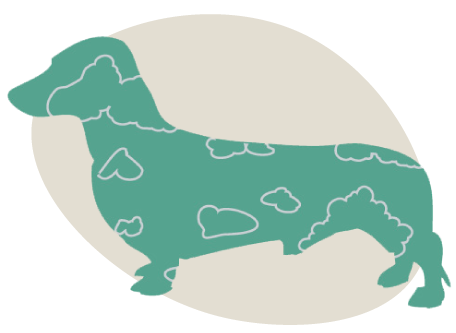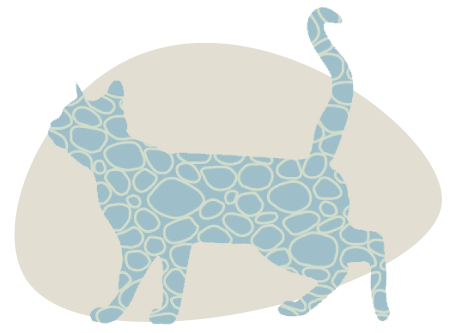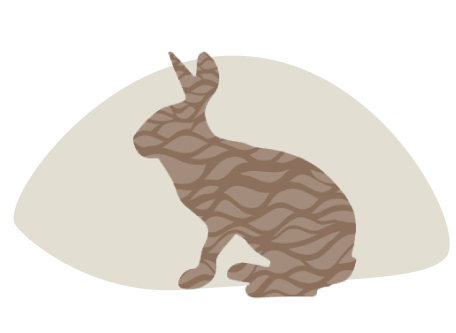Neutering
With animal charities dealing with hundreds of thousands of unwanted pets each year, and the lifetime cost of looking after a dog estimated to be in the region of £15,000, responsible owners know that it makes sense to avoid unwanted pregnancies. Unless you are specifically planning to breed from your dog, we therefore recommend that you have him / her neutered (removing the reproductive organs).
In males the procedure is called ‘castration’ – we remove the testicles and the spermatic cord so that your dog cannot father any offspring. Castration also removes the risk of testicular cancer and means that your dog is less likely to suffer from prostate problems later in life. The testicles are the main producer of the hormone testosterone, which can influence behaviour. By removing them, the level of testosterone in the blood is reduced, which should lower the chance of your pet straying and reduce dominant behaviour such as fighting, leg mounting and aggression towards other dogs.
In females the procedure is called ‘spaying’. We remove the ovaries and the womb (the uterus) so she can’t produce any eggs, come into season or become pregnant.
Spaying also removes the risk of:
- Phantom pregnancies
- Ovarian cancer, as well as reducing the risk of mammary (breast) cancer later on in life
- Pyometra – a serious infection of the womb
The recommended timing of neutering will vary depending on your dog’s breed, any previous health conditions and behaviour and in occasional cases (especially in male dogs) may not be necessary at all. We can advise you on the best course of action for your individual companion.
Both spaying and castration are routine procedures and we carry out hundreds of them every year. Most patients go home the same day and we then see them two to three days later to ensure that the incision is healing well.



